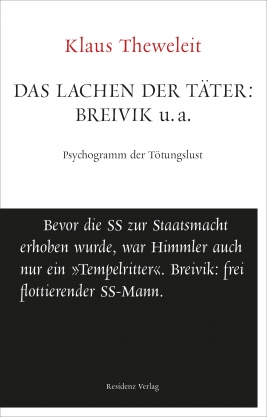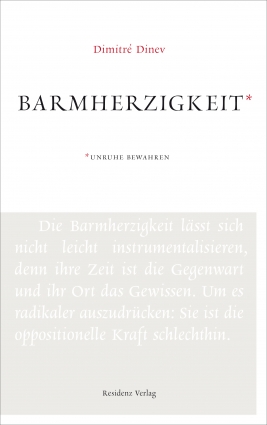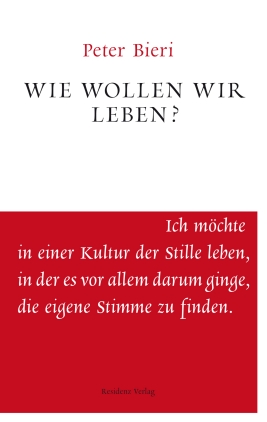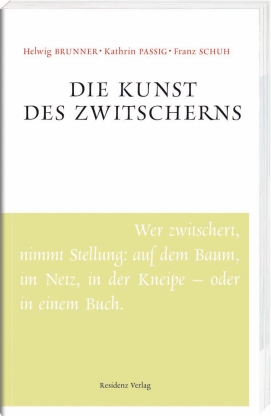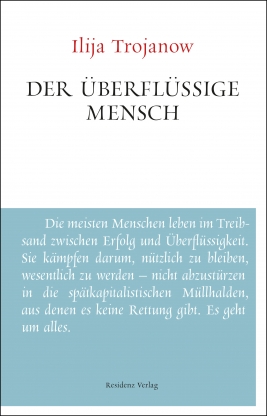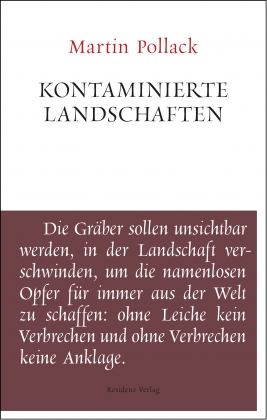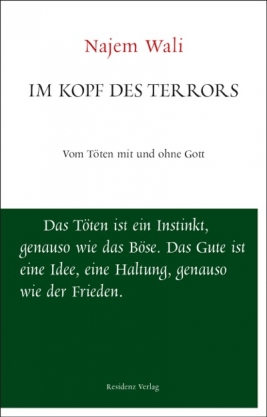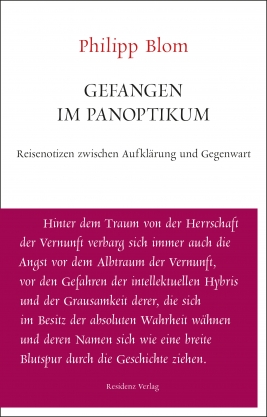Der Pionier der Männer- und Gewaltforschung hat für sein jüngstes Buch männliche Gewaltphantasien weiter analysiert.
[Quelle: Armin Wolf, ORF ZIB 2]
Theweleit will mit den etablierten Annahmen der Täterforschung brechen und die geläufige Art, wie über Täter geredet wird, in Frage stellen.
[Quelle: Julia Encke, FRANKFURTER ALLGEMEINE SONNTAGSZEITUNG]
Als Leser (…) ist einem ob der Grausamkeit des Geschilderten oft zum Weinen zumute. (…) Dass er die Lektüre dann doch stets von neuem zur Hand genommen hat, ist allein Theweleits enragierter Moderation, seinem schnodderig-polemischen Ton und seiner oftmals kontraintuitiven Kommentierung des Geschilderten geschuldet, die immer wieder zum Nachdenken anregt.
[Quelle: Thomas Wortmann, Freiburger literaturpsychologische Gespräche. JAHRBUCH FÜR LITERATUR UND PSYCHOANALYSE]
Der Band ist ein Vademecum für alle, die sich mit Gewalt im Alltag und der Gesellschaft auseinandersetzen wollen.
[Quelle: Klaus Ludwig Helf, EUWIS]
Unverdrossen erforscht Theweleit seit über vier Jahrzehnten den Komplex der Gewalt. In seinem neuen Buch beobachtet Theweleit einen paradoxen Gegenstand: lachende Killer.
[Quelle: Christiane Hoffmans, DIE WELT AM SONNTAG]
Das "Lachen der Killer" ist ein politisches Buch, das heißt, es ist pädagogisch und therapeutisch. Theweleit glaubt an die Normalität, ans Individuum und seine Geschlossenheit. Und an Bob Dylan: "While others say don't hate nothing at all except hatred."
[Quelle: Fritz Göttler, SÜDDEUTSCHE ZEITUNG]
Gegen das Vergessen eines außergewöhnlichen Werks, gegen das Ignorieren einer der eigenständigsten und unangepassten Intellektuellen, die wir haben.
[Quelle: Frank Hertweck, DEUTSCHLANDFUNK – BÜCHERMARKT]
Man hat das Gefühl, einem guten Freund zuzuhören, dem viel daran gelegen ist, einem durch diese schrecklichen Zeiten hindurchzuhelfen. Ein grandioses Buch.
[Quelle: Iris Hanika, BERLINER ZEITUNG]
… Darin geht es um die Frage, was Menschen zu Massenmördern oder Terroristen macht, die töten, foltern, vergewaltigen. Theweleit liefert einige Antworten …
[Quelle: Guido Kleinhubbert, DER SPIEGEL]
Wer Das Lachen der Täter aufmerksam liest, findet darin reichlich Anregung für den notwendigen Umbau der Welt. Damit den Tätern das Lachen im Halse stecken bleibt.
[Quelle: Michael Girke, FREITAG]
Ein ausführlicher und äußerst ungemütlicher Brandbrief, der zur Pflichtlektüre für alle werden sollte, die mit Menschen zu tun haben. (…)
„Das Lachen der Täter“ ist harter Stoff in jeder Beziehung. Gut so. Nach der Lektüre ist einem die ganze „Fun! Fun! Fun!“-Kultur endgültig vergällt.
[Quelle: Pieke Biermann, DEUTSCHLANDRADIO]
So ist das „Das Lachen der Täter“ ein lesenswerter und notwendiger Einspruch gegen die Bagatellisierung des Bösen und der Lust – und vor allem: der Lust am Bösen.
[Quelle: Uli Krug, JUNGLE WORLD]
Sprunghaft und assoziativ bewegt er sich durch ein umfangreiches Recherchefeld und bekommt doch klare Konturen in sein tief pessimistisches Bild von der „Tötungslust“. Sie liegt verborgen und abrufbar unter der dünnen Haut der Zivilisation.
[Quelle: Rainer Schaper, SRF 2 KULTUR]
… es ist gut, daß einmal jemand dieser furchtbaren Blutspur nachgegangen ist.
[Quelle: TITANIC]
…eine so brillante wie bestürzende Kulturgeschichte der Tötungslust.
[Quelle: Thomas Kliemann, GENERAL−ANZEIGER]
Wie in anderen Theweleit-Büchern entsteht beim Lesen ein Sog. Die Theorie-Passagen zwischendurch ziehen noch weiter rein. In ihnen entwirft Theweleit ein – wie der Untertitel des Buches heißt – Psychogramm der Tötungslust.
[Quelle: Thomas Steiner, BADISCHE ZEITUNG]
Die Psycho-Profile im Lachen der Täter sind Theweleits Update des legendären Erstlings Männerphantasien. Und wie dieser, erschüttert „Das Lachen der Täter“ zwar schon in den oft grotesken einzelnen Beispielen, besonders aber in der geballten Häufung, vor allem, weil das Böse nicht dämonisch ist und ganz anders als wir, sondern weil viele der Täter in vielen Aspekten uns so verstörend ähneln.
[Quelle: Eike Gebhardt, SWR 2 DIE BUCHKRITIK]
Theweleits Buch besticht durch spannende Hintergrundinformationen (…). Die Debatte über Gewalt zu führen, regt er durch eine inspirierend-metaphorische, nicht einem spezifischen Vokabular verpflichtete Sprache, aber auch durch unmittelbar vor das Grauen stellende Schilderungen äußerster Gewalt eindringlich an.
[Quelle: Frank Müller, PSYCHE]
